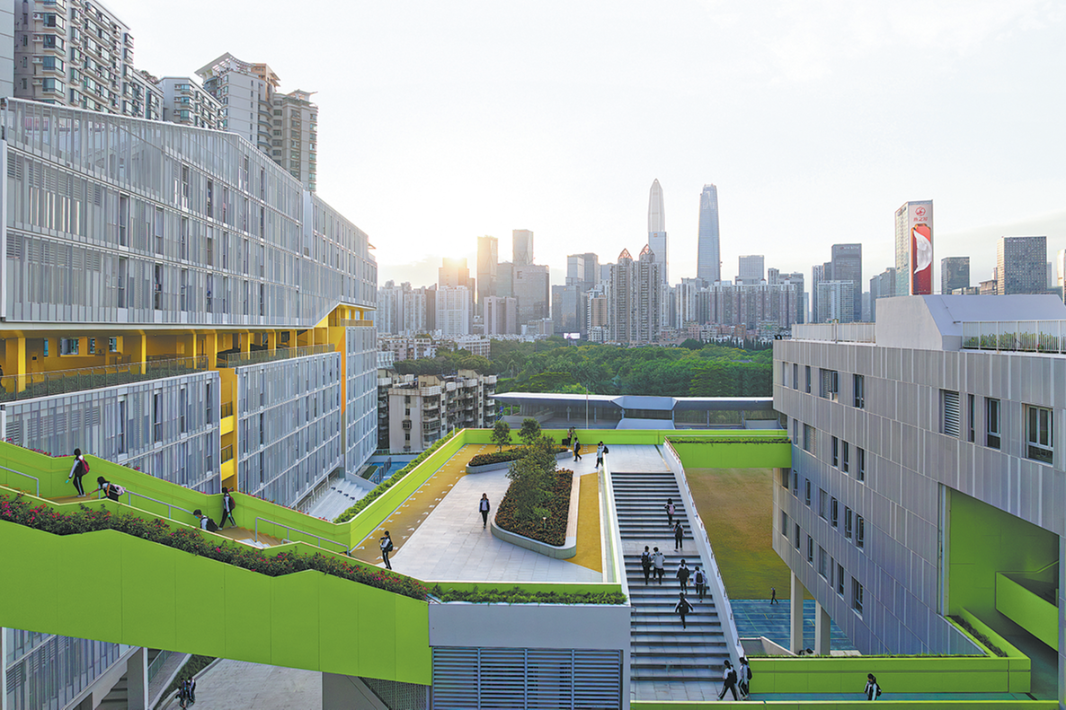Where's all the money gone, honey?

ALIPAY, one of the two most popular domestic e-payment apps, released data on Monday detailing how much money individual users of the app spent in 2019 and how. China Daily writer Zhang Zhouxiang comments:
"I cannot believe I spent all that money!" That was perhaps the most common comment by the app users on Monday when many of them found out their total spending in 2019 far exceeded their expectations.
But that's a given with mobile payments in which all one does is scan a QR code or flash a QR code for the shop attendant to scan, not touching money even once during the entire process.
Mobile payments actually give users an illusory feeling about money. Some even argue that it encourages people to spend more without ever knowing it. But that is not necessarily a bad thing.
Rising consumption will inject new vitality into the economy. After all, consumption is to the economy what blood is to a human body. Higher consumption can help factories make more money, which in turn will prompt them to manufacture more goods and increase productivity. A stable economy requires two well-performing engines-production and consumption. The fact that people spent more than they expected in 2019 means they are not short of money. Some even joke that sometimes one does not even need to know the exact price of the things one buys.
Of course, over-consumption might not be good, but we have not reached that stage yet.
Alipay's data are limited to its users, but the National Bureau of Statistics has data on the first half of 2019, which show the average consumption per person was 10,330 yuan ($1,487.57), much lower than that in developed countries such as the United States. China has a long way to go before it can call itself a high-income economy.

Today's Top News
- Scholars warn US threatens global legal order
- UN chief warns of global chaos as US prioritizes power over intl law
- China to formulate plan on expanding domestic demand for 2026-2030
- Xi congratulates Central African Republic president on reelection
- Civil aviation readies for record rush
- Food can be re-engagement recipe for Beijing, Ottawa






























